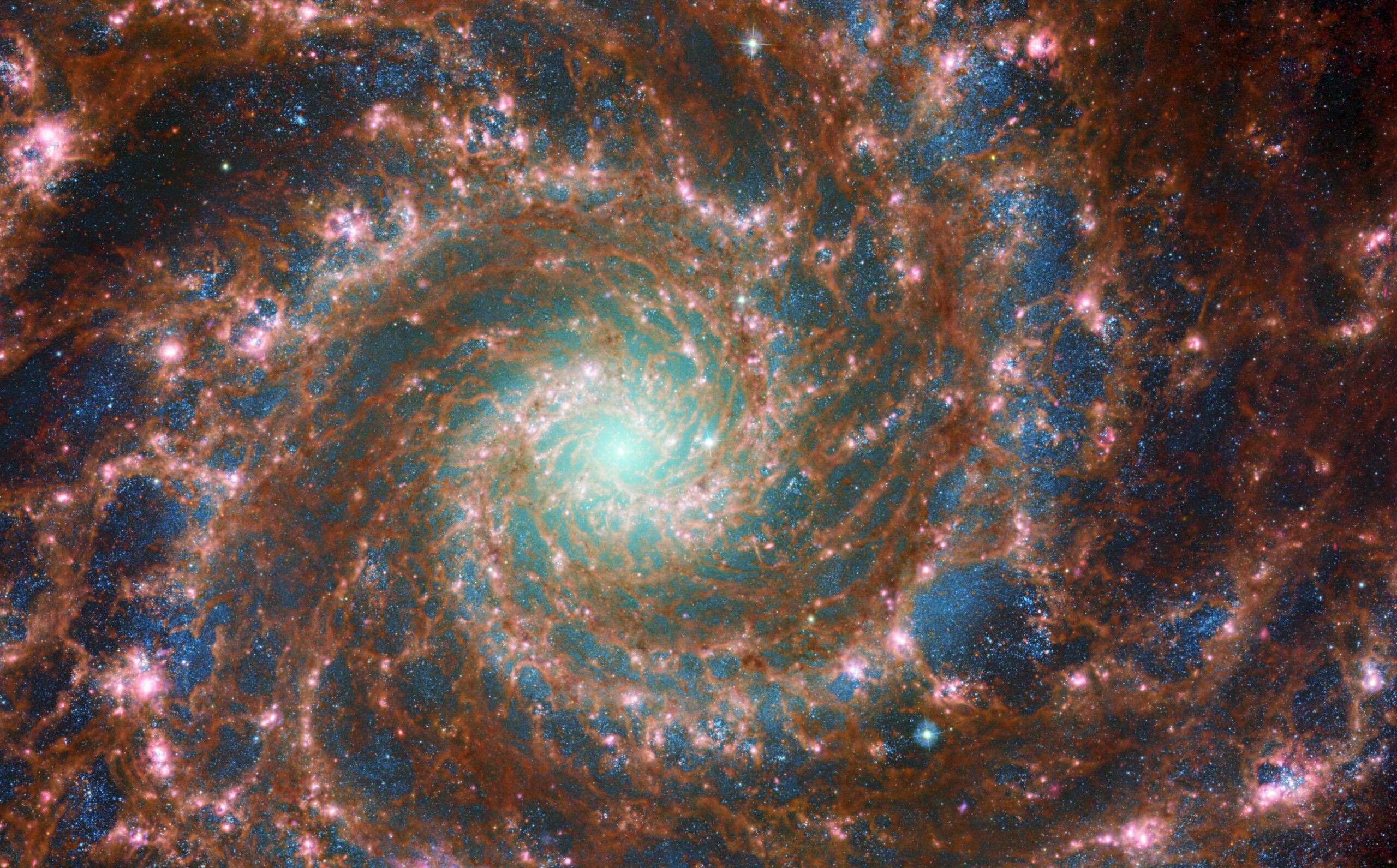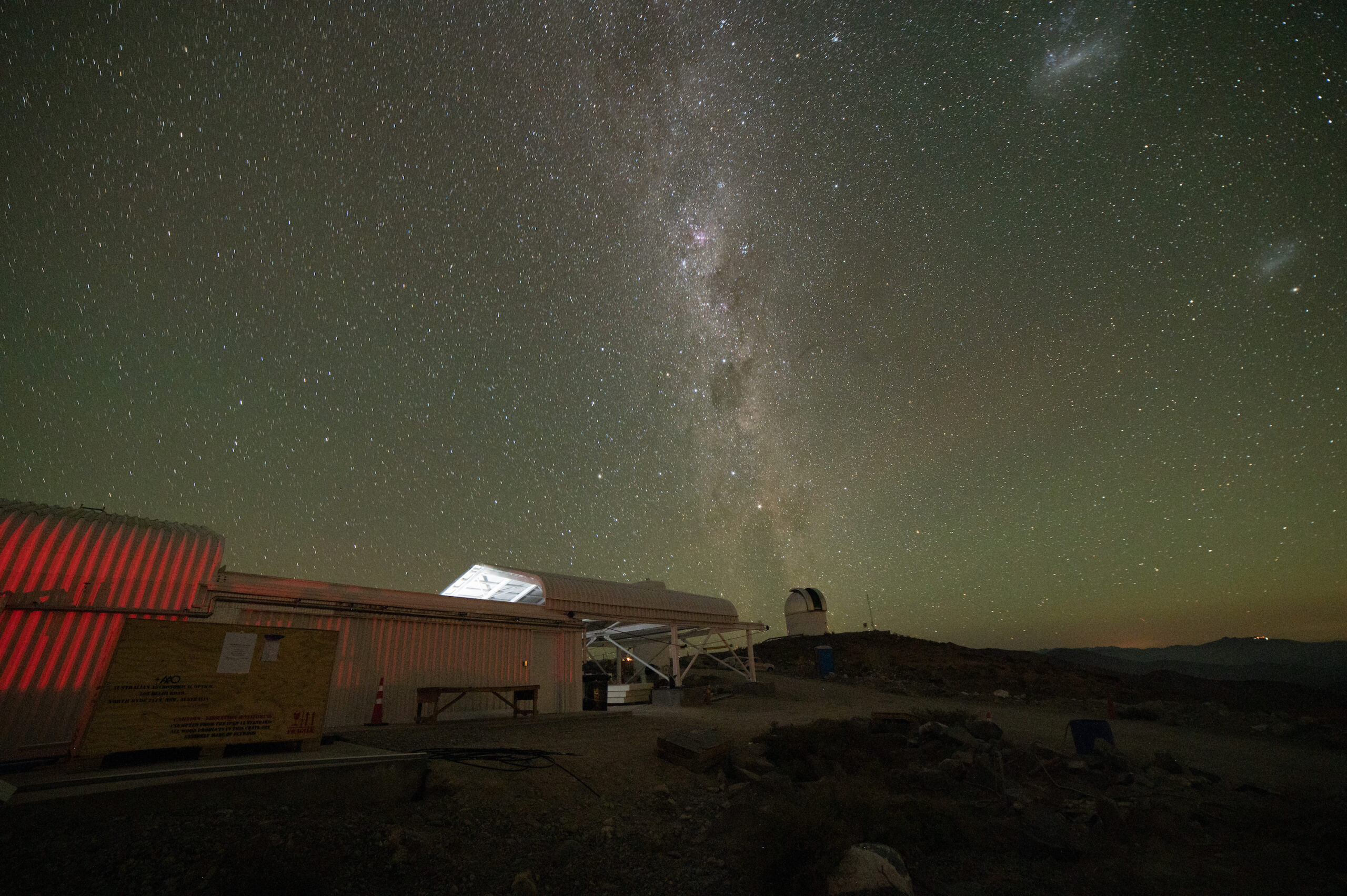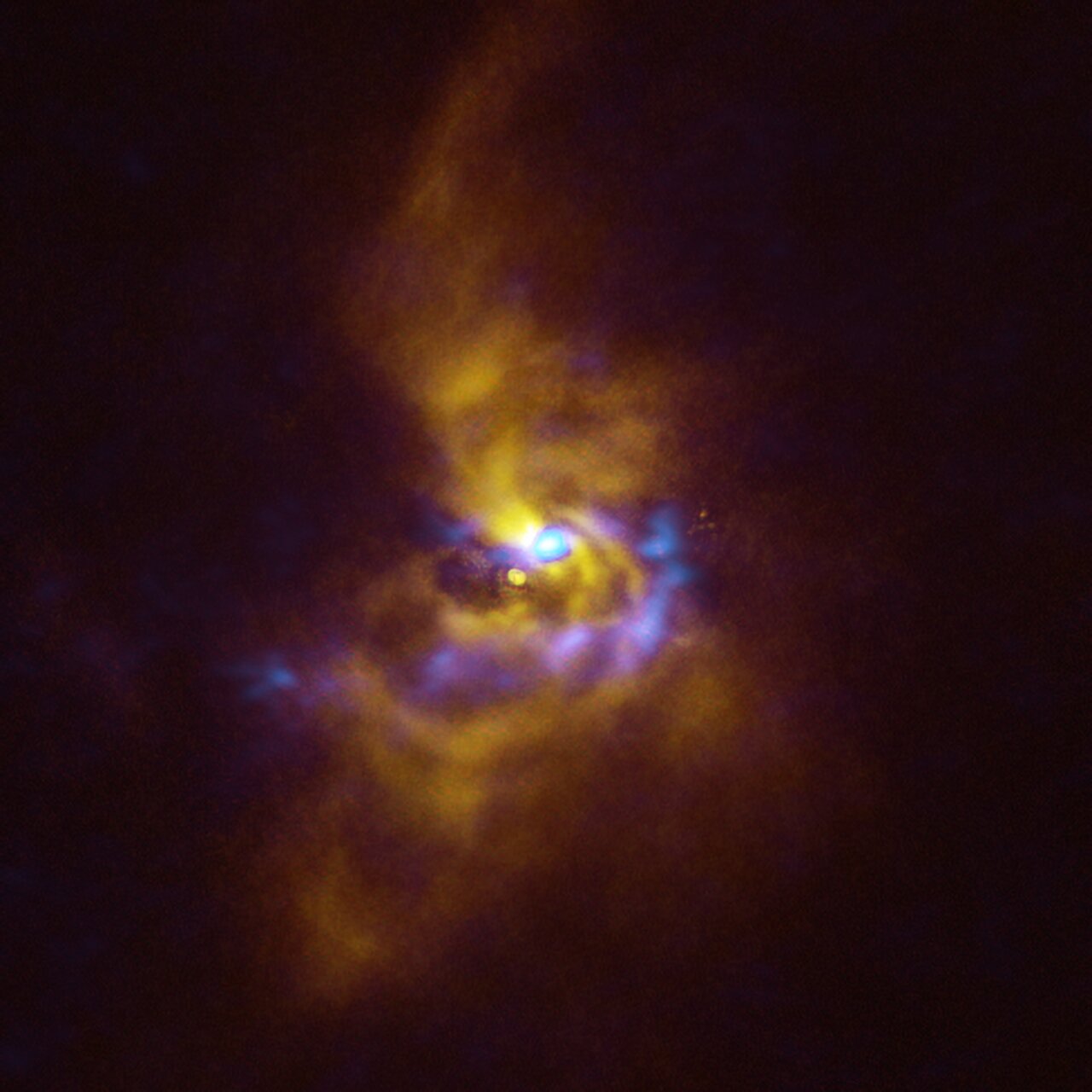
Prof. Thomas Maedler awarded “trusted reviewer status” by IoP
The Institute of Physics (IoP) [https://iopscience.iop.org/] publishes new research in about 70 peer review journals from the Web of Sciences in several areas of physics and astrophysics. In order to acknowledge the work done by scientists reviewing the papers, IoP initiated a program honoring such work by giving about 15% of the reviewers a “trusted reviewer status” (https://ioppublishing.org/

The standard metric to measure success in scientists is their number of high-impact peer-review publications in the Web of Sciences. This naturally involves pursuing novel research and communicating it in a scientific paper. But for the paper to be published in such a journal, it has to go through a peer-review process. That is, an expert in the field, which must not be a close collaborator of the authors, must carefully and critically assess the work. To do so, once the paper is submitted to a journal, the editors look for a referee who is an expert in the subject and accepts to review the paper in about one month’s time.
Scientists know too well this part of the job is time-consuming and poorly recognized since most peer-review reports are anonymous. This task is time-consuming because the scientist must assess if the results are robust, novel, and if the literature review of the paper is complete and fair. That might involve redoing few calculations themselves and reading several related publications in the field.
In addition, scientists know well that it is difficult to submit an unbiased referee report. There is natural competition in science, and dealing with it as a referee might be quite challenging. It is common to feel irritated when the authors do not cite properly, or when the authors got the result quicker than the referee, who often might be a competitor in the field.
Many scientists might save the hassle and time of this hard task by not accepting reviewing papers and working instead in their own research. But that does not help science. We need results published, and we need referees to help the process.
A trusted reviewer is defined by
the scientist who would be willing to take this task seriously, by preparing a referee report within the time frame set by the editors
while thoroughly assessing the paper and by providing constructive and unbiased comments to the authors. This helps to improve the authors’ manuscript and ultimately its scientific impact.
We thank Dr. Maedler for his contribution toward a fair scientific progress in Physics!









